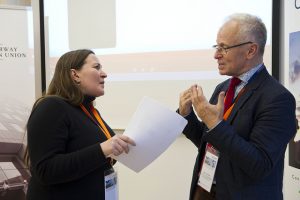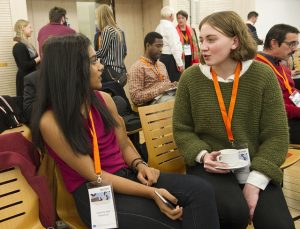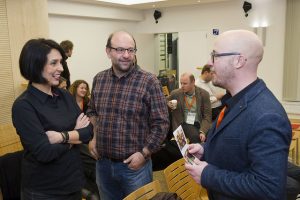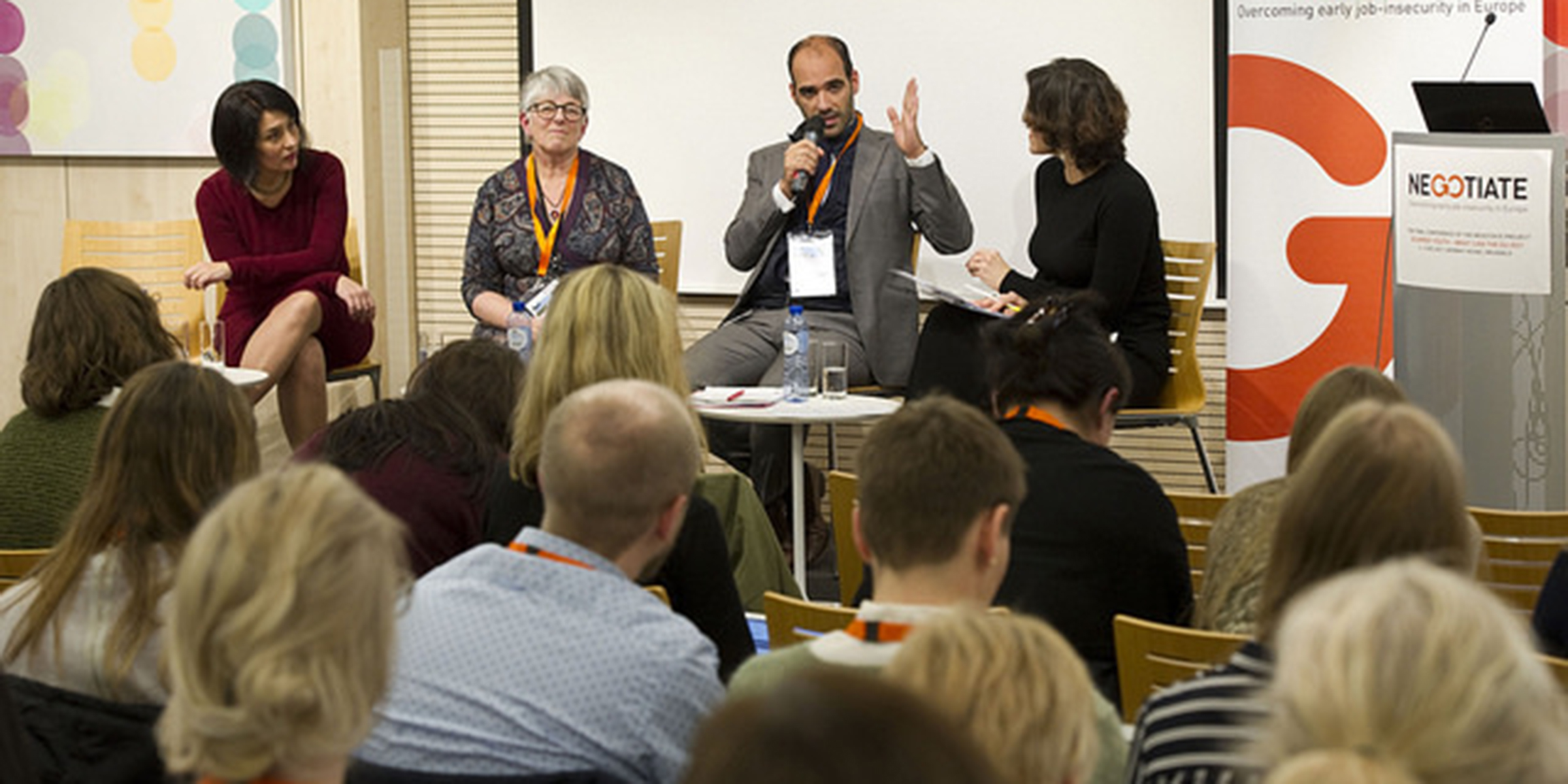On 4 and 5 December 2017 the NEGOTIATE project’s final conference titled ‘Scarred Youth – What can the EU do?’ took place in Norway House in Brussels. The two-day programme included different sessions and offered high level discussions with over 130 researchers, policymakers, civil society and youth who exchanged views and policy recommendations on how to tackle youth unemployment and help young people overcome the consequences of the economic crisis in Europe.
In the era of “flexible” labour markets, it is evident that the phenomenon of job insecurity and youth unemployment is present with varying intensity and comes in different forms in each of the studied countries. What is clear however is that the lasting effects and ideological disappointment of long-term unemployment negatively affect or even scar youngsters across the continent?
Norway’s Ambassador, Ingrid Schulerud opened the conference by welcoming all the participants to Norway House, before Max Uebe from DG Employment at the European Commission underlined the importance of findings ways to strengthen the efforts to combat early job insecurity. Corinna Amting from the European Commission’s Research Executive Agency underlined the importance of NEGOTIATE and praised the collaboration between the three European projects STYLE, NEGOTIATE and EXCEPT.
On the first day, the interactive debate centred on two highly visible topics, namely marginalised youth with very little access to the labour market and highly educated youth with no job opportunities, and how the Youth Guarantee should respond to better monitor and improve the situation for youth in Europe. After researchers had introduced the key topics, panels of experts and stakeholders and members of the audience discussed the issues in more detail.
On Tuesday the three thematically related European projects NEGOTIATE, STYLE and EXCEPT focused on the policy recommendations derived from the different analyses carried out by the researchers involved in the projects (the reader can find an overview here (pdf) (solidar.org)). Markku Markkula (EPP), Vice-President of the Committee of the Regions, presented a territorial perspective on how to support efforts to reduce early job insecurity. The session brought together Brando Benifei and Jens Nilsson, Members of the European Parliament from S&D and Conny Reuter, Secretary of the SOLIDAR Foundation, ensuring a political as well as a civil society perspective in the debate. The speakers shared their views on what the EU can do to come to the aid of scarred youth in Europe. They considered the Youth Guarantee and the Youth Employment Initiative as steps in the right direction, but in need of further strengthening.
Successful implementation, however, comes down to what actions one is able to make at the regional and local levels. For instance, it may be that to improve structurally the current situation for youth, we need a change of mind-sets. More concretely, institutions should be better equipped to accommodate the needs of the most disadvantaged youth in Europe and those who feel that there are no decent prospects. Speakers underlined that one can only address the need for structural reforms and the creation of quality jobs through targeted public investments. The dual system, with its apprenticeships and other forms of vocational education and training (VET), could be a possible model to explore further. While one needs to take the diversity within the EU into account, the EU should seek best practices that are applicable and relevant in different settings and therefore worth social investment.
As a conclusion of the NEGOTIATE project, Edward Elgar will publish two joint volumes presenting findings from the project by the end of 2018. These will be published open access, which means that everyone will be able to access them free of charge. The first book will assess the problems, risk factors and policies related to job insecurity and labour market exclusion of young people. The second book will touch upon the experiences of early job insecurity and how it relates to scarring, resilience and the wellbeing of European youth. Next spring NEGOTIATE partners will meet with the European Commission both for a final evaluation of the project and to consider how the Commission may take into account project findings in their future work.
The photos of the final conference can be found here (flickr.com).
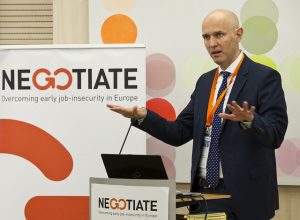
Max Uebe 
Ingrid Schulderud, European Commission Ambassador 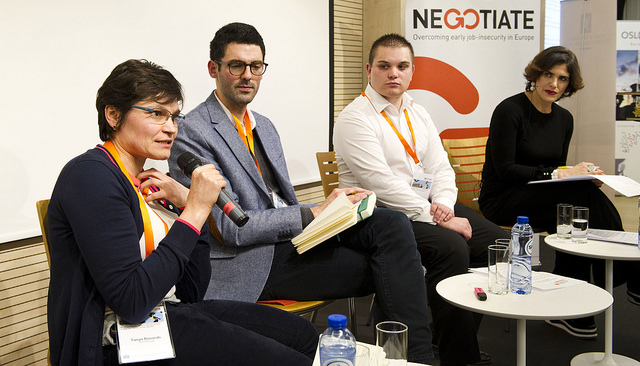
Tanya Basarab, Thomas Beaujean, Ignacio Doreste and Katarina Sichel 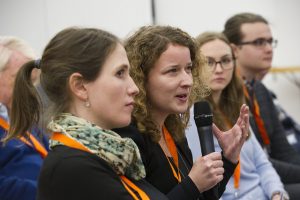
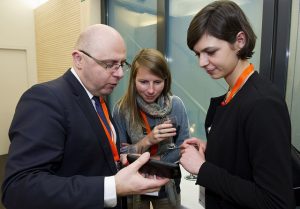
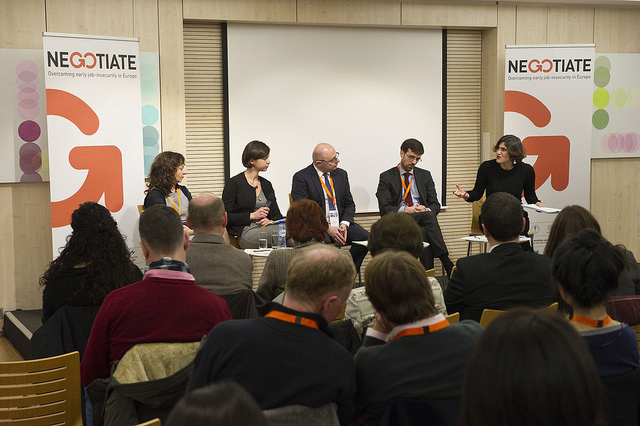
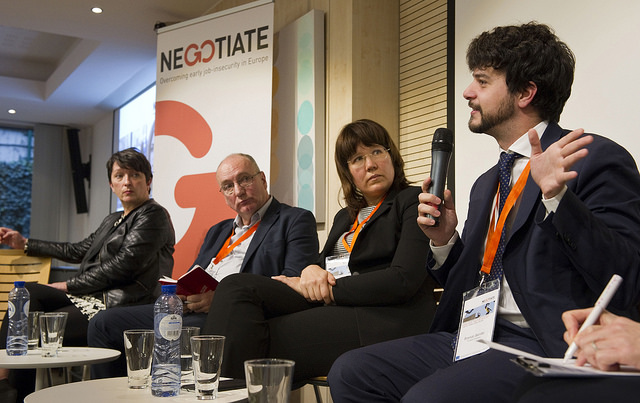
Jaqueline O’Reilly, Conny Reuter, Marge Unt and Brando Benifei. 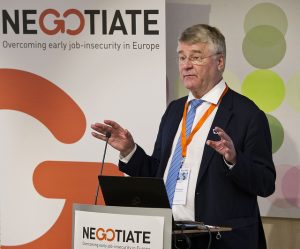
Markku Markkula, European Committee of the Regions 